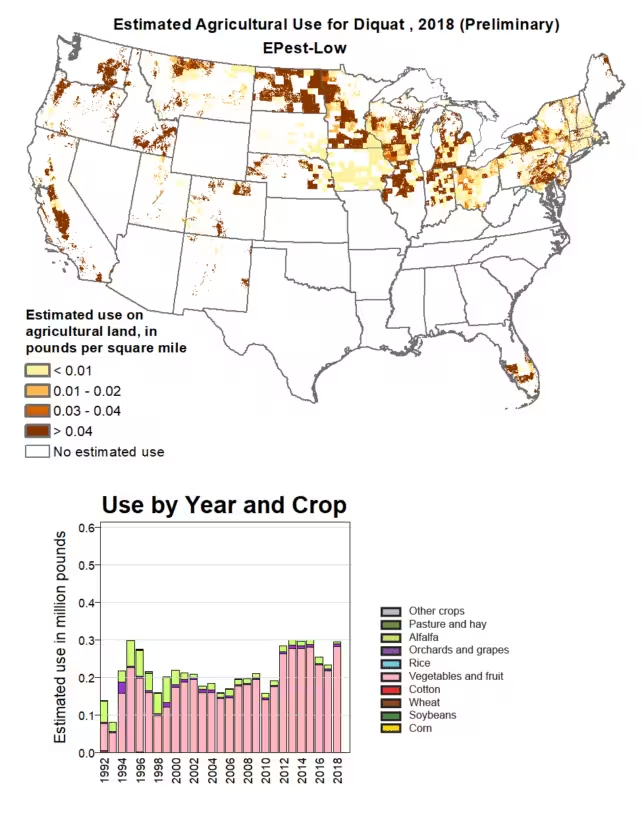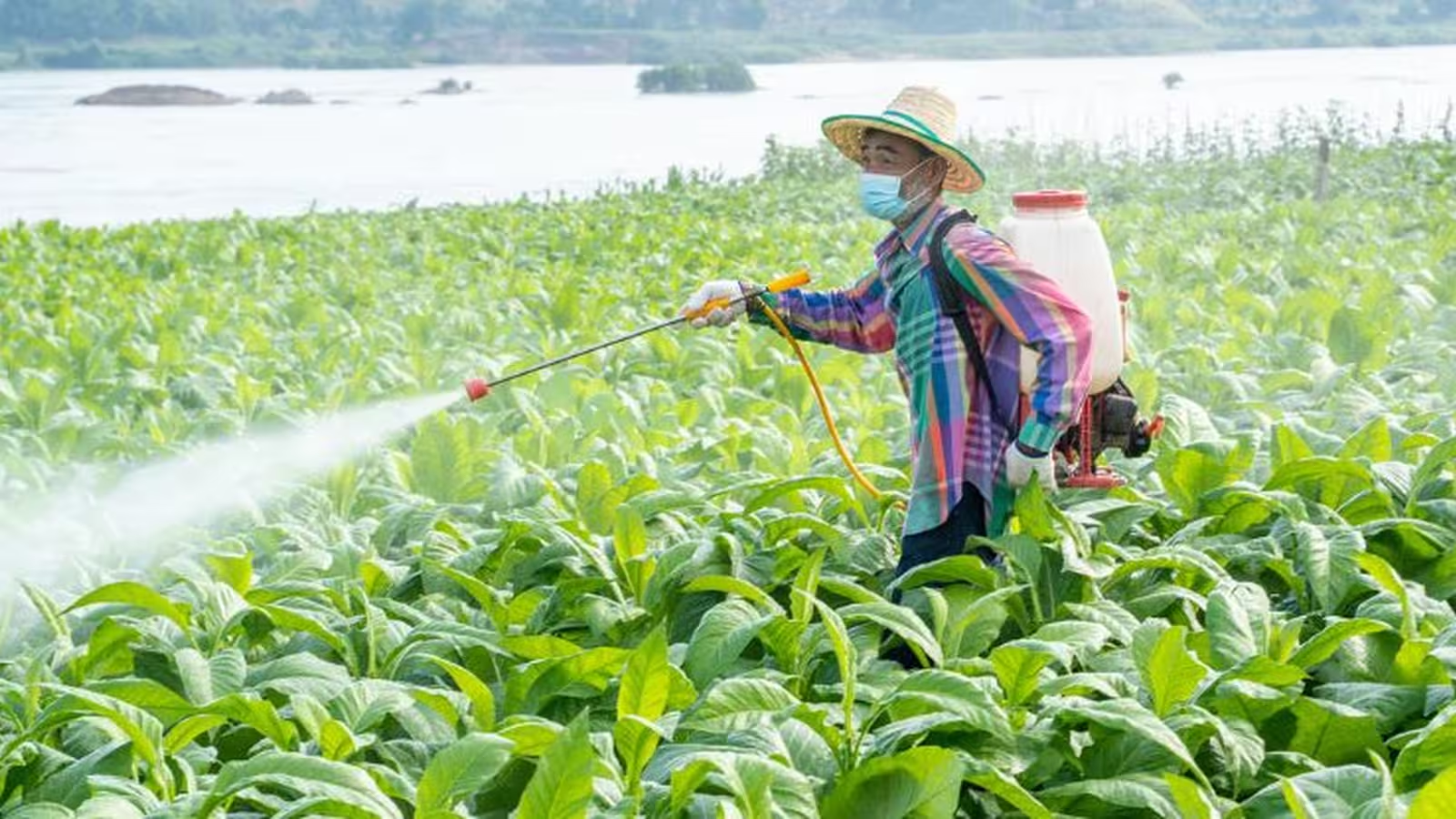4 Minutes
Background: The Shift from Glyphosate to Diquat
Amid mounting scrutiny over the health effects of glyphosate—the active ingredient in the world’s most widely used weedkiller, Roundup—manufacturers are shifting towards diquat, a chemical alternative. This move is attracting significant attention from scientists, health agencies, and environmentalists worldwide, as questions about diquat’s safety intensify.
Glyphosate has long dominated the global herbicide market, initially positioned as a safer replacement for paraquat, a herbicide notorious for its extreme toxicity. However, with glyphosate’s health risks under the microscope, diquat is rapidly filling the gap. Notably, diquat, chemically related to paraquat, carries its own set of hazards. As regulatory bans on paraquat and glyphosate tighten, diquat’s usage is on the rise, despite limited consensus regarding its safe exposure limits.
Scientific Insights: Health and Environmental Impacts of Diquat
A recent comprehensive review led by Dr. Cheng He at Suining Central Hospital, China, has highlighted the persistent risks associated with diquat use. The research reveals that while diquat may be less acutely toxic than paraquat, it still poses serious threats to human health and the environment. Diquat is associated with a range of acute and chronic health effects, especially through accidental ingestion or improper handling in agricultural settings. These risks are compounded by diquat’s ability to persist in soil and water, raising concerns over its potential for environmental bioaccumulation.
According to Dr. He’s team, “Although diquat exhibits lower acute toxicity compared to the related herbicide paraquat, it still poses a significant threat to ecosystems due to its potential for bioaccumulation and long-term persistence in soil and water bodies.”
Toxicity and Health Risks
Diquat exposure can occur through skin contact, inhalation, or ingestion. The chemical is known to damage skin upon contact and is particularly dangerous if swallowed, where it is absorbed through the gastrointestinal tract. At lower doses, diquat can cause kidney injury, liver dysfunction, and damage to the lungs and nervous system. Severe poisoning can result in multiple organ failure or even death.
Autopsy reports have demonstrated that not all ingested diquat is absorbed—some remains in the digestive tract, potentially disturbing the gut microbiome and weakening intestinal barriers. As Dr. He’s research points out, the intestine is not only the primary point of entry for diquat but also a critical target for the chemical’s toxic effects.

Global Regulatory Responses and Case Studies
European authorities have responded decisively to mounting evidence of diquat’s dangers. The European Union banned diquat in 2018, citing “high risks” for agricultural workers, bystanders, and nearby residents. Switzerland and the United Kingdom have enacted similar prohibitions. In contrast, the United States continues to permit the use of both diquat and paraquat, though cases of diquat-induced illness have been documented for years.
Brazil’s experience provides a telling case study: with diquat in widespread use and protective equipment often in short supply, local farmers have reported numerous poisoning incidents linked to herbicide sprays. These cases underscore the urgent need for robust safety measures and informed policy-making regarding agrochemical alternatives.
Environmental and Agricultural Implications
Herbicides such as glyphosate, paraquat, and diquat play pivotal roles in modern agriculture by boosting crop yields and farm profitability. However, substituting one hazardous chemical with another does little to mitigate the long-term risks these substances pose to both human health and the broader ecosystem. Environmental scientists warn that the persistence of diquat in soil and waterways may lead to cumulative ecological harm, affecting both non-target species and water quality.
Conclusion
The move to replace glyphosate with diquat in the world's most popular weedkillers raises complex questions about chemical safety, regulatory oversight, and sustainable agriculture. While diquat was adopted to address concerns over glyphosate and paraquat, scientific evidence increasingly points to significant human and environmental hazards associated with its use. Effective policies, rigorous research, and the pursuit of safer alternatives remain critical to protecting public health and safeguarding global ecosystems.
Source: sciencealert



Comments